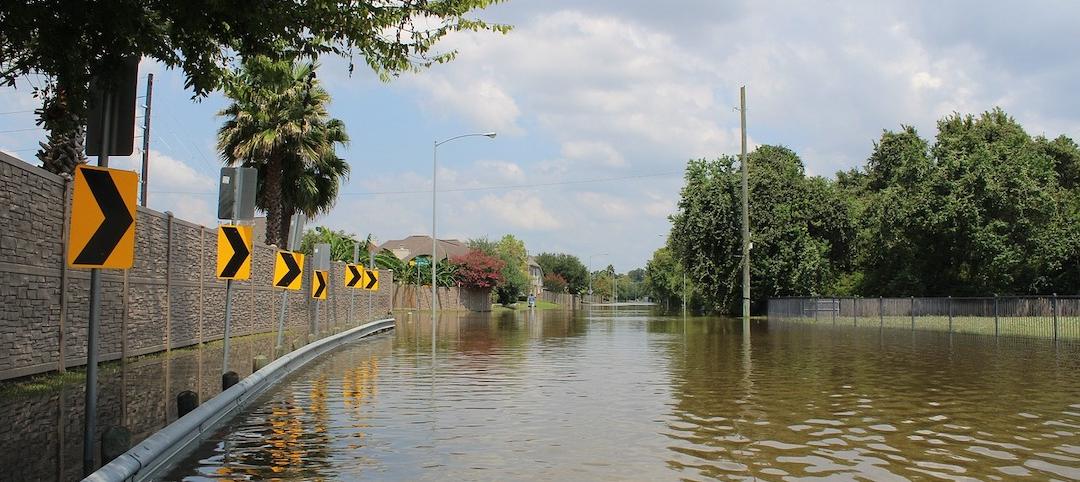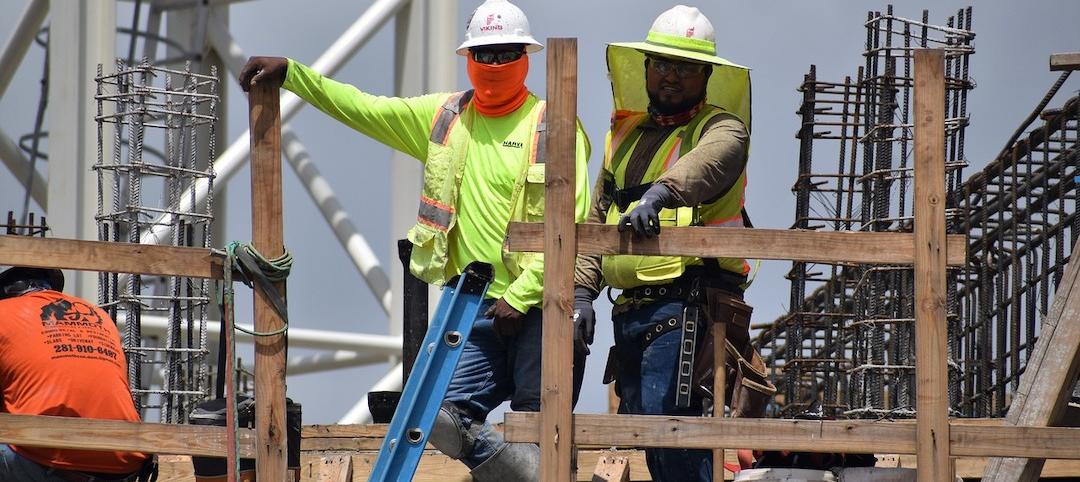The U.S. Federal Emergency Management Agency (FEMA) has launched a new government-wide effort to boost national resiliency and reduce energy costs.
Under the National Initiative to Advance Building Codes, federal departments and agencies will review federal funding and financing of building construction to ensure projects follow updated model codes. The initiative will also provide incentives and support for communities to adopt modern building codes.
Members of the Mitigation Framework Leadership Group will review their infrastructure grantmaking processes to ensure that they align with and support the adoption and use of current editions of the International Residential Code (IRC) and International Building Code (IBC). FEMA chairs the leadership group, consisting of another 13 federal agencies.
“By modernizing building codes, communities will not only save money through lower energy costs and protecting their property, but together, we will also save lives by ensuring our infrastructure remains resilient in the face of climate change and associated extreme weather events,” said FEMA Administrator Deanne Criswell.
FEMA views the adoption of current building codes as the most effective means to enable communities to become more resilient to hurricanes, flooding, wildfires, and other natural hazards that are increasing in frequency and severity due to the changing climate. Yet, FEMA has been until now the only federal agency that requires the construction it funds to adhere to current, hazard-resistant codes.
Related Stories
Codes and Standards | Jan 18, 2022
Greater emphasis on building materials needed to achieve net-zero carbon offices
Engineered wood, straw, and bamboo can be keys to achieving goal.
Codes and Standards | Jan 17, 2022
AISC seeks comments on draft earthquake standard for steel buildings
Includes new limits for cross-sectional slenderness of steel columns based on latest research.
Codes and Standards | Jan 12, 2022
California’s wildfire building code significantly reduces structural loss
As other states consider upgrading their codes, Golden State provides useful model.
Codes and Standards | Jan 12, 2022
Regulator holding back climate-friendly, energy-saving equipment deployment, critics say
Heat pumps, solar power could be made more accessible for low-income communities in Massachusetts.
Codes and Standards | Jan 11, 2022
Cost hikes drive nearly one million renters out of homeownership qualification in 2021
Household income needed to pay a mortgage rose to $62,872 from $55,186.
Codes and Standards | Jan 10, 2022
New ratings services focus on climate risk for homeowners
Efficacy of models used in risk assessment varies.
Codes and Standards | Jan 6, 2022
Virginia contractors having a tough time finding diverse subs to meet state goals
Survey of primes may indicate similar issues at federal level.
Codes and Standards | Jan 5, 2022
Boston drops parking requirements for affordable housing
Measure expected to spur new projects.
Codes and Standards | Jan 4, 2022
Dept. of Energy Better Climate Challenge aims for 50% GHG emission reduction by 2030
Program offers technical assistance and peer-to-peer knowledge sharing.
Codes and Standards | Jan 4, 2022
Architects at New York firm take steps to unionize
Support for unionization reported at two other New York firms.

















